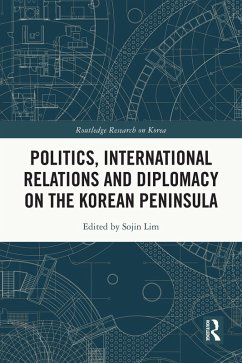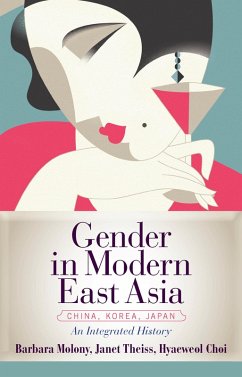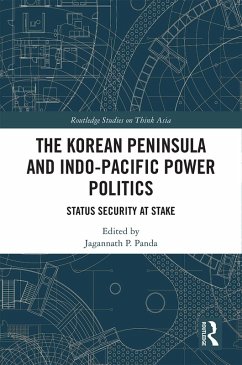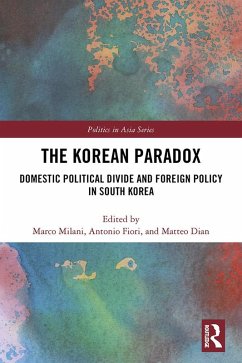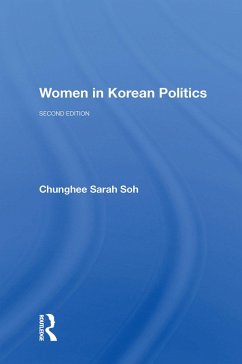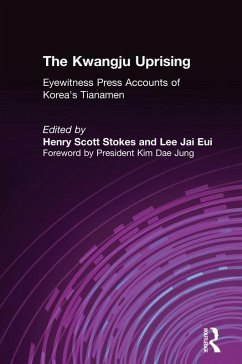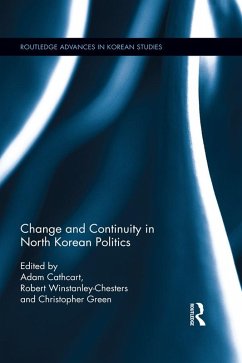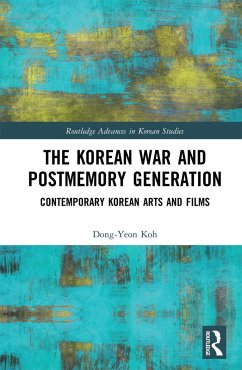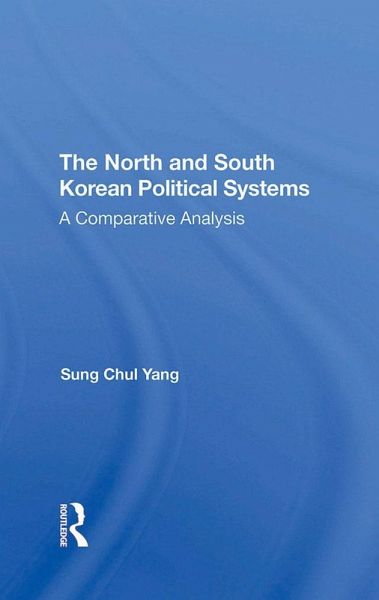
The North And South Korean Political Systems (eBook, ePUB)
A Comparative Analysis

PAYBACK Punkte
20 °P sammeln!
A comparative look at North and South Korea's political and economic institutions and processes, and an examination of their evolution since 1945. Problems such as leadership succession, democratization, nuclear weapons, education and reunification are explored.
Dieser Download kann aus rechtlichen Gründen nur mit Rechnungsadresse in A, B, BG, CY, CZ, D, DK, EW, E, FIN, F, GR, HR, H, IRL, I, LT, L, LR, M, NL, PL, P, R, S, SLO, SK ausgeliefert werden.





